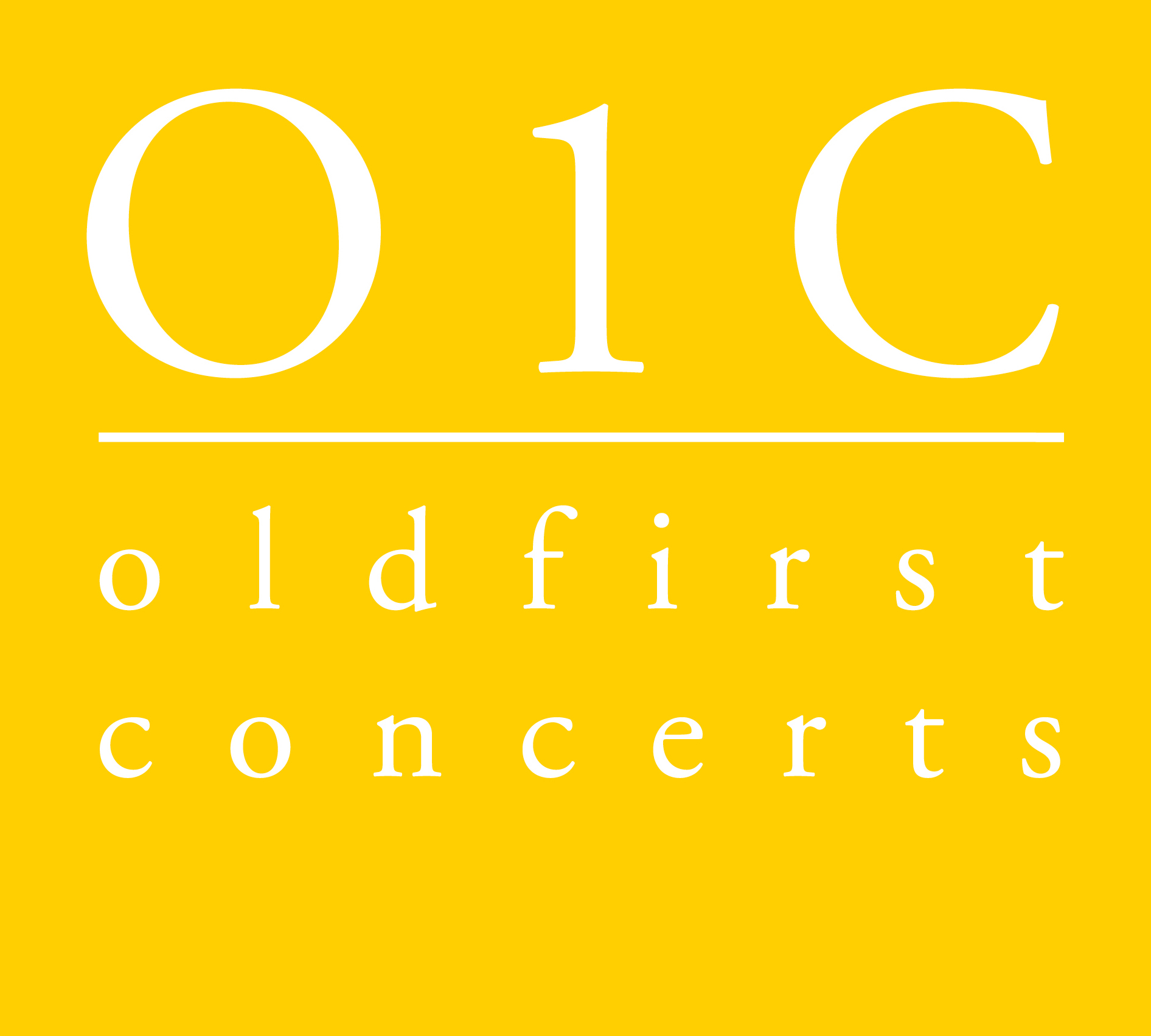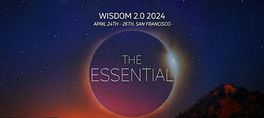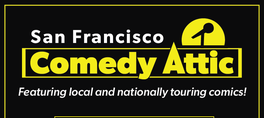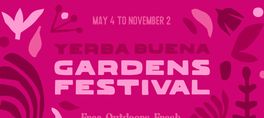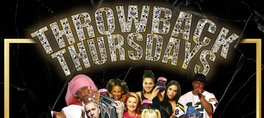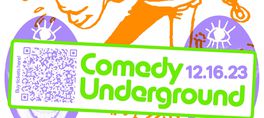Veretski Pass, founded in 2002 by Cookie Segelstein, takes its name from this mountain pass in the Carpathians, through which the emigrating Jews settled in Transcarpathia, first reaching the town of Mukachevo, or Munkacs. It was also the initial point of entry of the Magyar tribes into Europe in 896 A.D. led by Prince Árpád. Cookie's father was born in Nizhniye Veretski at the base of this pass, her mother in Munkacs, and much of the music for tonight’s program comes from this region. With traditional instruments of this area, violin, bayan (button accordion), tilinca (Carpathian overtone flute), and basy (cello), Veretski Pass plays a mix of Jewish instrumental music of pre-WWII Eastern Europe, or klezmer music, along with traditional melodies from Ukraine, Carpathian-Ruthenia, Bessarabia and Rumania. In a true collage of Carpathian, Jewish, Rumanian and Ottoman styles, typical suites contain dances from Moldavia and Bessarabia, Jewish melodies from Poland and Rumania, Hutzul wedding music from Carpathian-Ruthenia, and haunting Rebetic aires from Smyrna, seamlessly integrated into original compositions. Much of this rare music has been gleaned from field recordings gathered by the musicians in numerous trips throughout Europe, as well as from family members. Tonight’s concert also contains new material from the repertoire of their newest recording, Poyln: A Gilgul (Poland: A Metamorphosis). This project contains arrangements of pre-World War II Polish, Jewish, and Hasidic melodies, as well as new compositions in traditional style. The original compositions are created according to the ancient tradition of klezmer musicians, playing music of all kinds, but with a recognizably Jewish sound. This music was traditionally used for celebrations, most commonly weddings, but also considered Jewish folk art music. It was not uncommon to have elements of indigenous music mixed with classical as well as liturgical phrases. It was also common in each town that the musical groups consisted of Jews, Gypsies, and local musicians, whose varied styles intermingled to produce a unique sound.
show less
Veretski Pass, founded in 2002 by Cookie Segelstein, takes its name from this mountain pass in the Carpathians, through which the emigrating Jews settled in Transcarpathia, first reaching the town of Mukachevo, or Munkacs. It was also the initial point of entry of the Magyar tribes into Europe in 896 A.D. led by Prince Árpád. Cookie's father was born in Nizhniye Veretski at the base of this pass, her mother in Munkacs, and much of the music for tonight’s program comes from this region. With traditional instruments of this area, violin, bayan (button accordion), tilinca (Carpathian overtone flute), and basy (cello), Veretski Pass plays a mix of Jewish instrumental music of pre-WWII Eastern Europe, or klezmer music, along with traditional melodies from Ukraine, Carpathian-Ruthenia, Bessarabia and Rumania. In a true collage of Carpathian, Jewish, Rumanian and Ottoman styles, typical suites contain dances from Moldavia and Bessarabia, Jewish melodies from Poland and Rumania, Hutzul wedding music from Carpathian-Ruthenia, and haunting Rebetic aires from Smyrna, seamlessly integrated into original compositions. Much of this rare music has been gleaned from field recordings gathered by the musicians in numerous trips throughout Europe, as well as from family members. Tonight’s concert also contains new material from the repertoire of their newest recording, Poyln: A Gilgul (Poland: A Metamorphosis). This project contains arrangements of pre-World War II Polish, Jewish, and Hasidic melodies, as well as new compositions in traditional style. The original compositions are created according to the ancient tradition of klezmer musicians, playing music of all kinds, but with a recognizably Jewish sound. This music was traditionally used for celebrations, most commonly weddings, but also considered Jewish folk art music. It was not uncommon to have elements of indigenous music mixed with classical as well as liturgical phrases. It was also common in each town that the musical groups consisted of Jews, Gypsies, and local musicians, whose varied styles intermingled to produce a unique sound.
read more
show less
Date/Times:
1751 Sacramento Street, San Francisco, CA 94109
The Best Events
Every Week in Your Inbox
From Our Sponsors
UPCOMING EVENTS
Great suggestion! We'll be in touch.
Event reviewed successfully.
